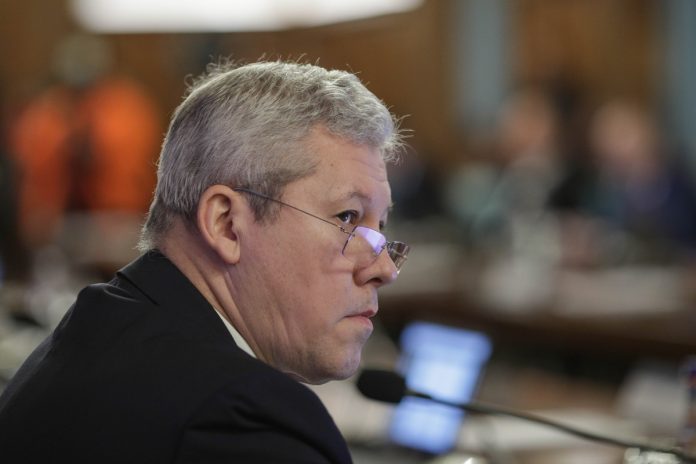The Inspectorate General of the Border Police will continue close cooperation with its Bulgarian counterparts to combat illegal migration and organised crime groups involved in human trafficking, through joint operations, the use of advanced technologies and the optimisation of real-time data exchange, as agreed by Interior Minister Catalin Predoiu during a videoconference with his Bulgarian counterpart Daniel Mitov.
‘The working meeting, held at the initiative of Minister Catalin Predoiu, focused mainly on the trends in illegal migration involving citizens from Morocco and the Near East, who are targeting the South-East European and Western Balkan route to enter the Schengen Area,’ reads an Interior Ministry (MAI) press release sent to AGERPRES on Thursday.
A concrete example of the efficiency of this partnership is the operation carried out on Thursday in the area of Cernavoda, which resulted in the detention of 14 Pakistani citizens attempting to cross the border illegally.
‘Joint operations in recent months have allowed for the identification and monitoring of high-risk areas, the dismantling of organised crime networks involved in migrant, drug and arms trafficking, and have directly contributed to increased safety levels for the citizens of both countries,’ the source added.
The discussions also covered topics such as the development of joint training programmes for border personnel, the intensification of the exchange of best practices, and the broader use of modern surveillance and risk analysis technologies.
The two officials reviewed the progress made in operational cooperation, based on an extended legal framework and intensified joint field activities.
They reaffirmed their strong mutual commitment to deepening cooperation through operational information exchange, joint missions, and coordinated actions to combat cross-border criminal phenomena.
In conclusion, both dignitaries expressed their determination to strengthen this strategic partnership within a shared European framework, adapted to the current and future security challenges.
AGERPRES




